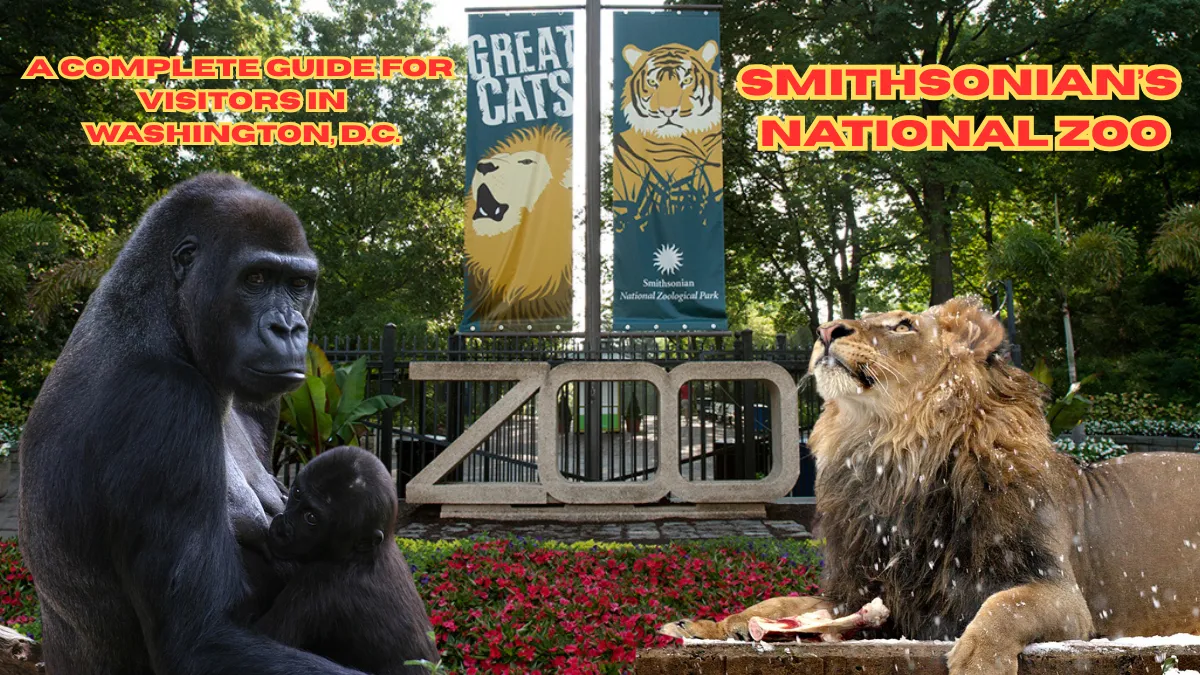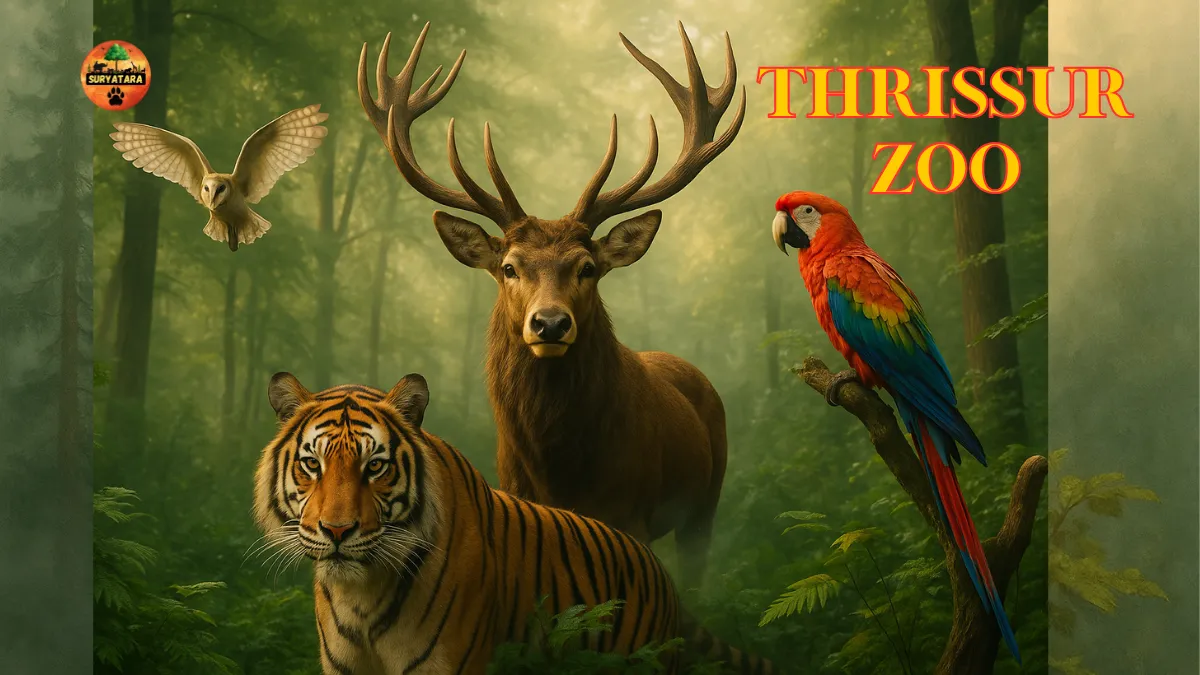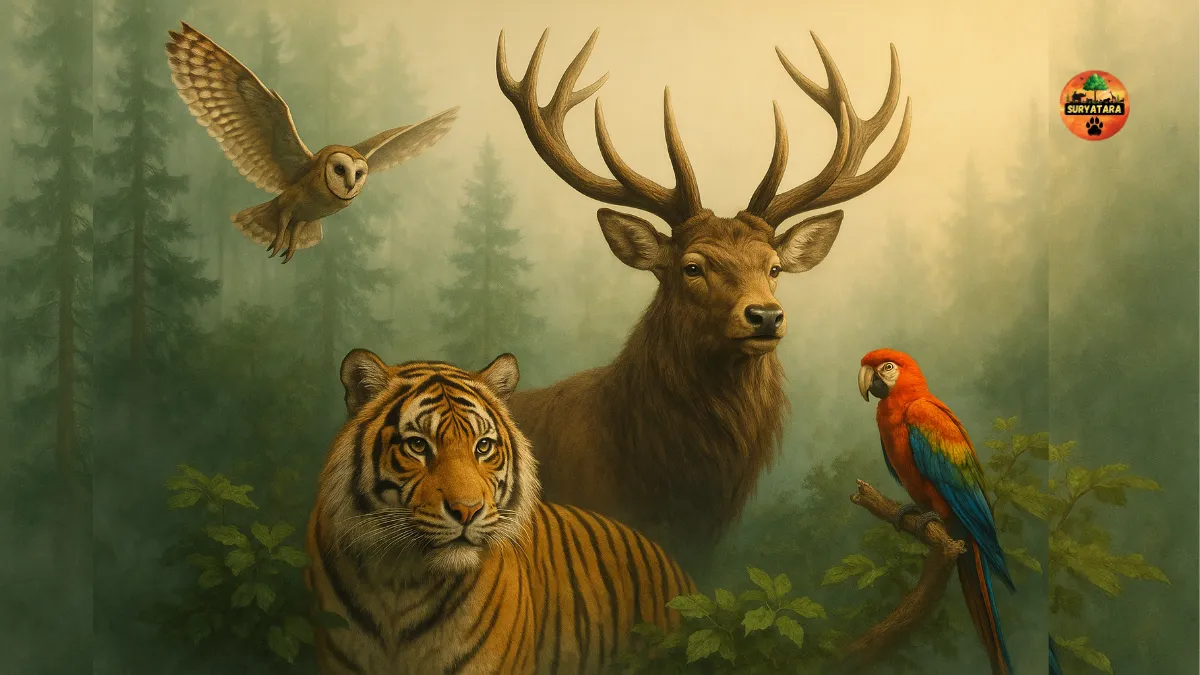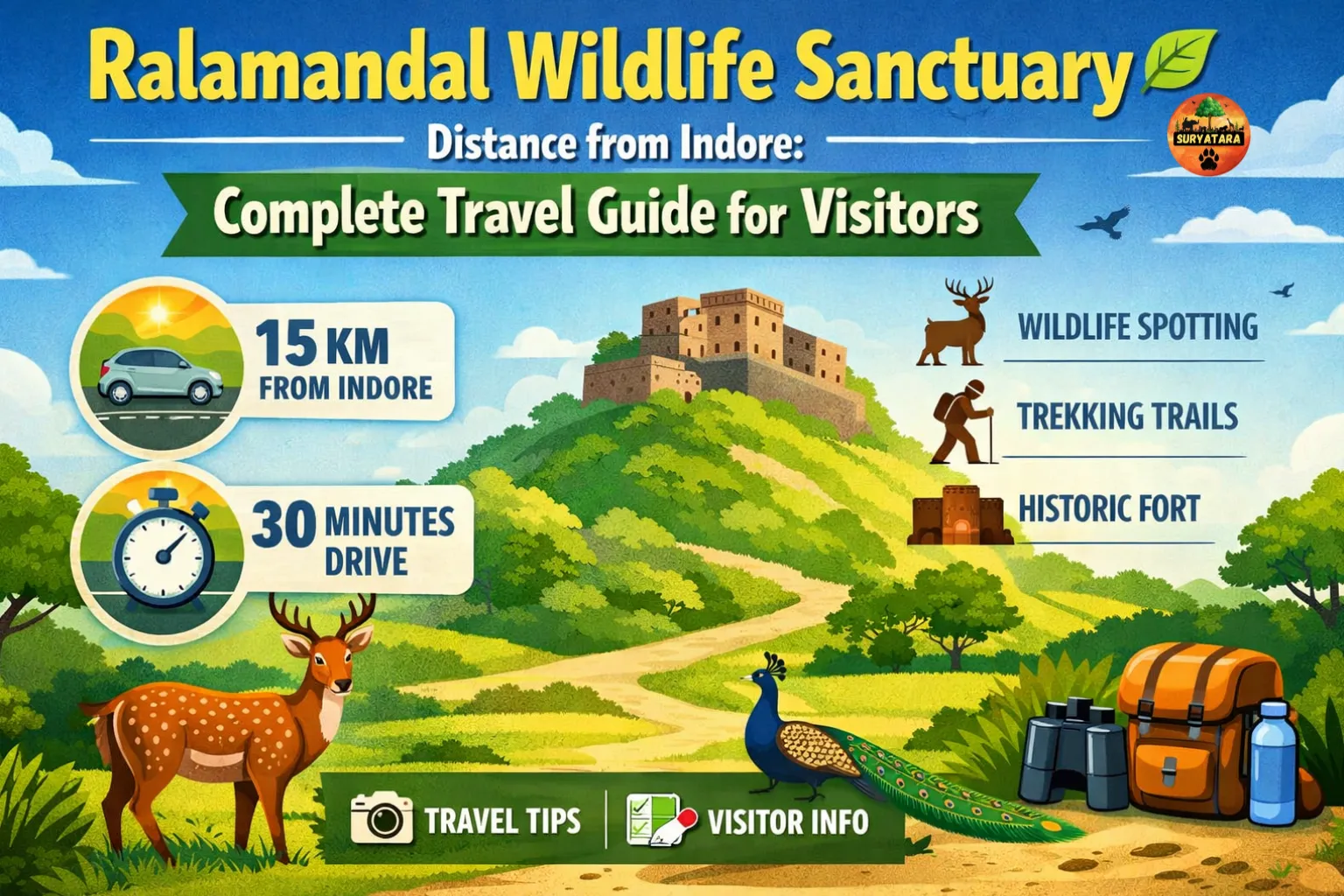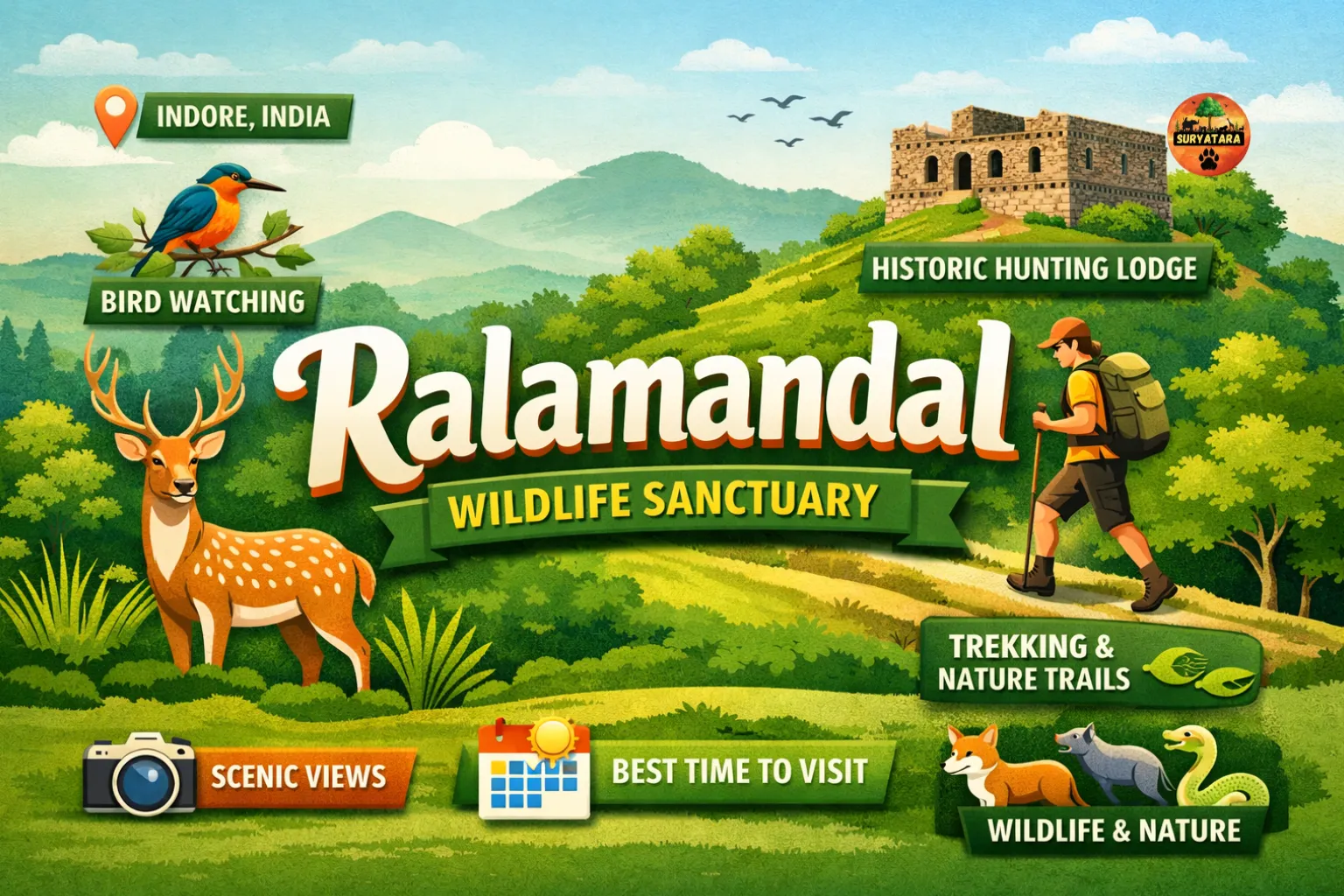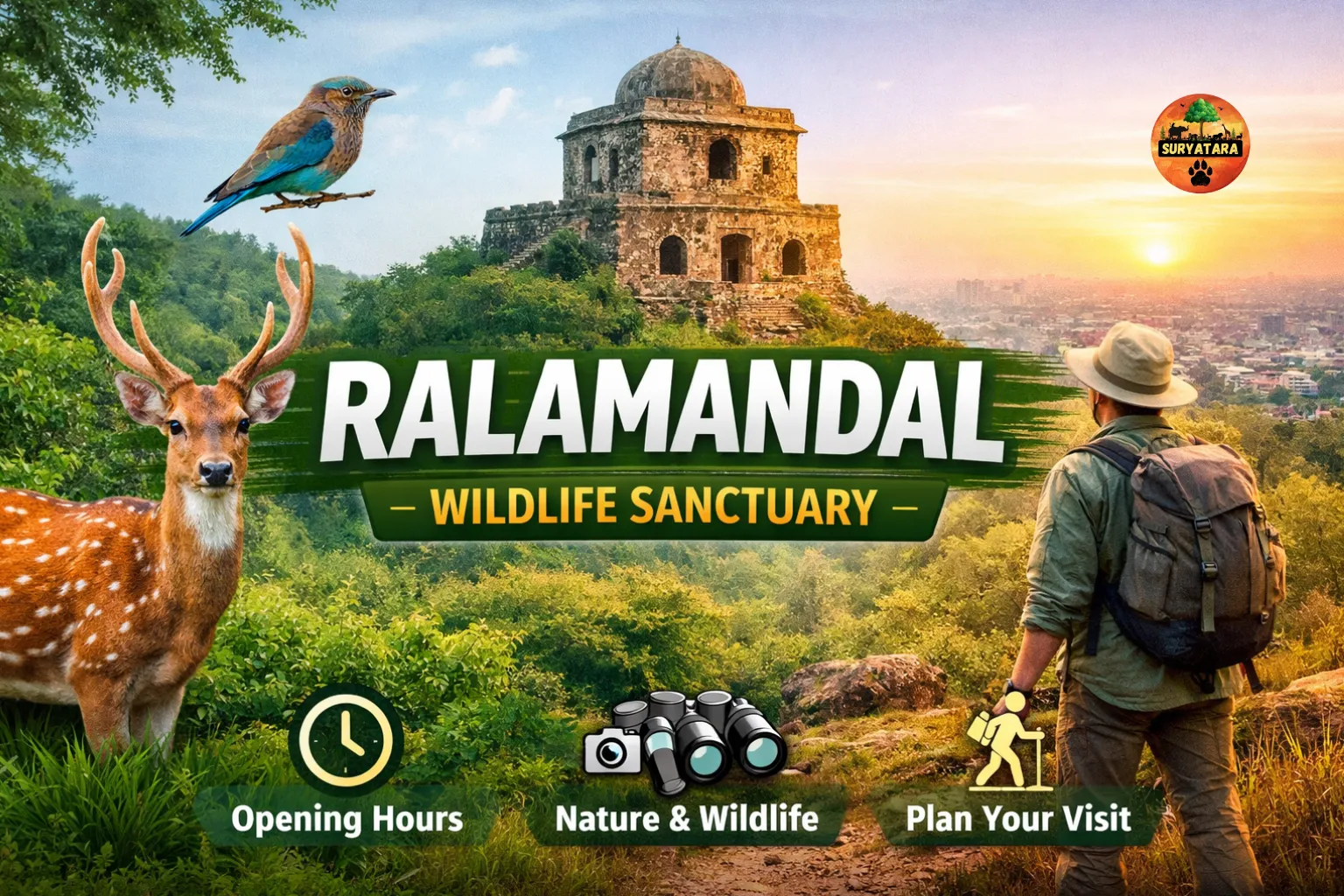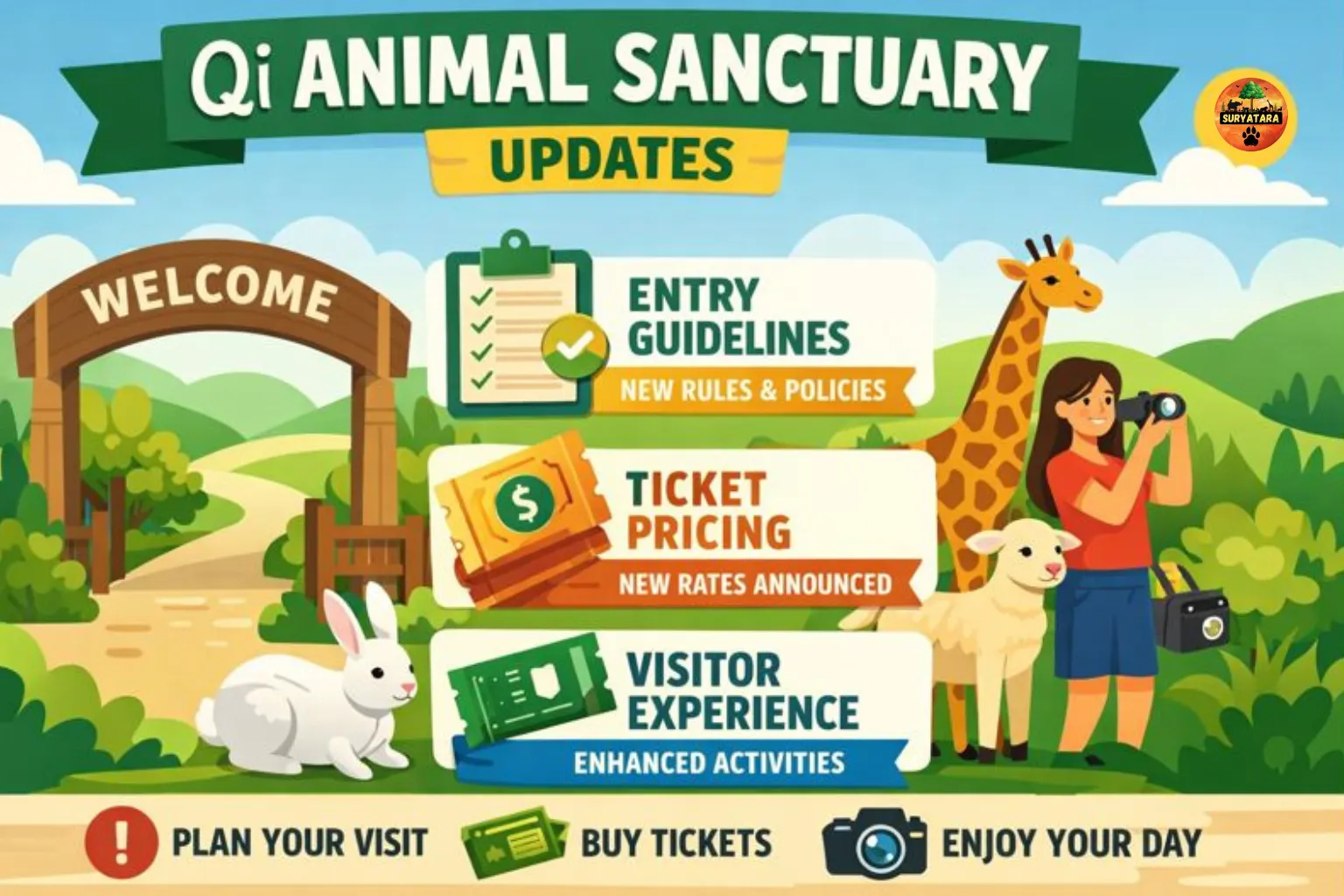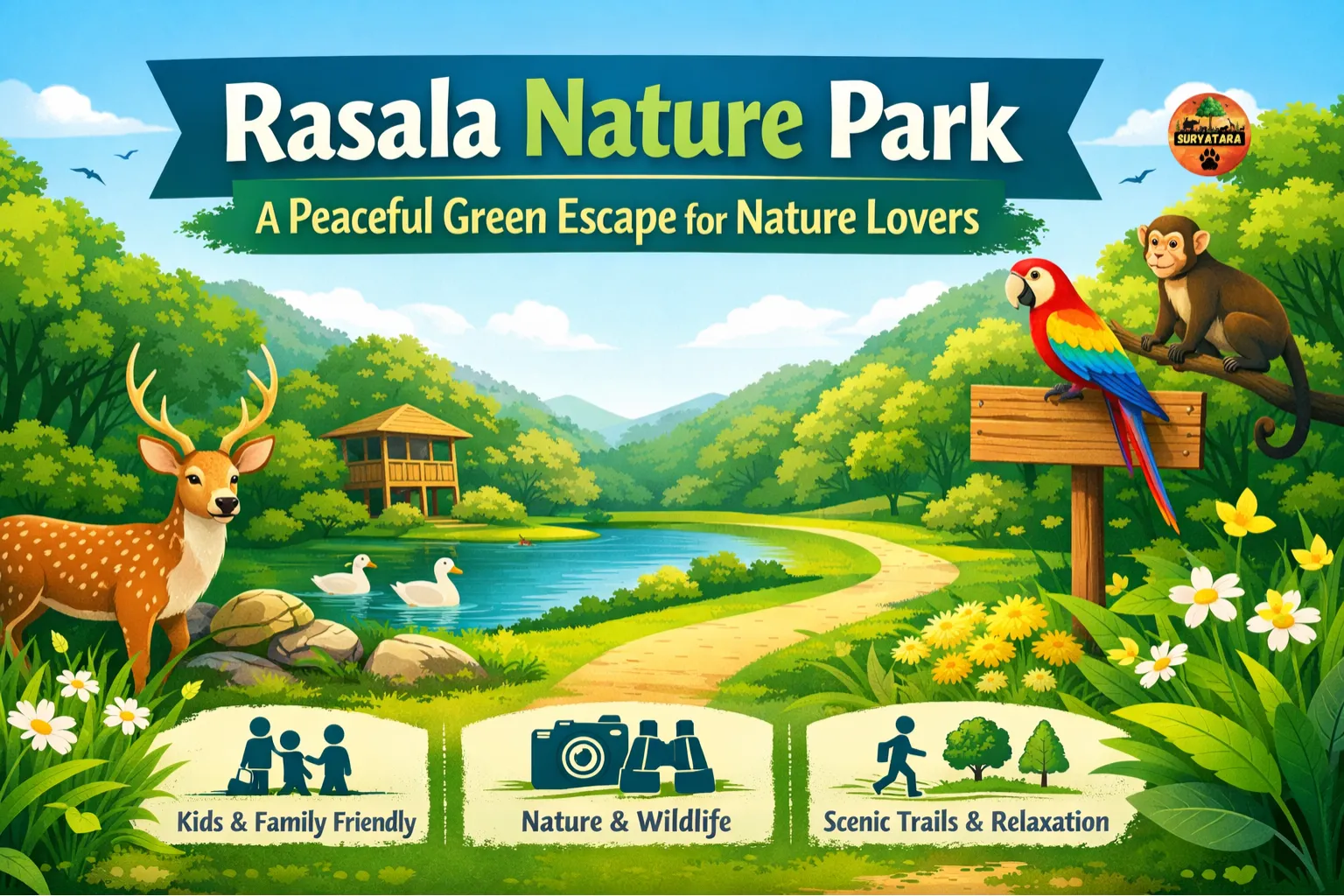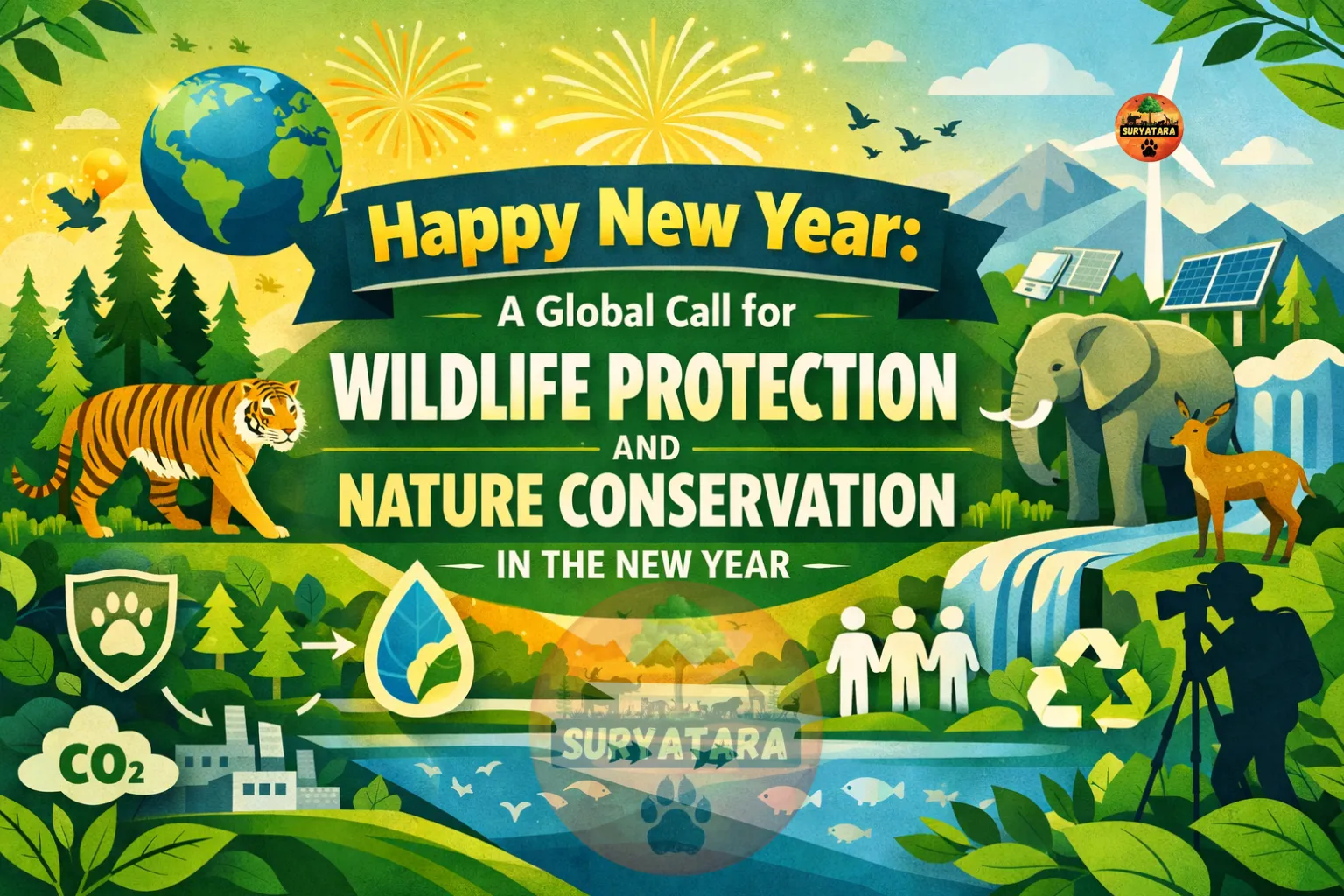Smithsonian’s National Zoo is one of the most famous zoological parks in the world, attracting millions of visitors each year. Located in Washington, D.C., this historic zoo is part of the Smithsonian Institution and is known for its dedication to animal care, research, education, and global conservation. With more than 2,000 animals across nearly 400 species, the zoo offers a unique opportunity for people of all ages to connect with wildlife while learning about efforts to protect endangered species.
A Brief History of Smithsonian’s National Zoo
Founded in 1889, Smithsonian’s National Zoo was created with the goal of saving species from extinction and educating the public about wildlife. It was one of the first zoos in the United States to focus on scientific research and conservation. Over the years, it has become a leader in animal care and breeding programs, particularly for endangered species like the giant panda, Asian elephant, and golden lion tamarin.
Key Attractions at Smithsonian’s National Zoo
The zoo spans 163 acres and is home to some of the most iconic animals in the world. Families, tourists, and wildlife lovers can explore various themed exhibits that showcase animals in environments designed to mimic their natural habitats.
Popular Exhibits Include:
- Giant Pandas: Perhaps the biggest stars of the zoo, the giant pandas are part of a conservation program in partnership with China.
- Elephant Trails: A large and innovative space dedicated to Asian elephants, focusing on their behavior, health, and social structure.
- American Trail: Home to North American species such as sea lions, wolves, and bald eagles.
- Amazonia: A lush indoor rainforest that brings visitors face-to-face with exotic birds, monkeys, and reptiles.
Educational and Conservation Efforts
Smithsonian’s National Zoo is more than just a place to see animals—it is a hub for education and research. The zoo’s Smithsonian Conservation Biology Institute (SCBI) conducts scientific studies on animal health, reproduction, and ecosystems, playing a critical role in protecting species worldwide. The zoo also provides learning opportunities for students, educators, and the general public through programs, workshops, and interactive exhibits.
Also read: Meet Brosno: Toledo Zoo Welcomes a Majestic New Amur Tiger
Visitor Information: Smithsonian’s National Zoo
If you’re planning a trip, it’s important to know a few key details before visiting.
| Key Details | Information |
|---|---|
| Location | 3001 Connecticut Ave NW, Washington, D.C., USA |
| Established | 1889 |
| Size | 163 acres |
| Number of Animals | Over 2,000 |
| Number of Species | Nearly 400 |
| Admission | Free entry (parking fees apply) |
| Opening Hours | Typically 8 a.m. – 5 p.m. (hours may vary seasonally) |
| Best Time to Visit | Early mornings or weekdays for fewer crowds |
Also read: Toledo Zoo Events Tickets: Prices, Booking Guide, and Must-See Experiences
Why Visit Smithsonian’s National Zoo?
Visiting Smithsonian’s National Zoo is not just about entertainment—it’s an educational and inspiring experience. Guests can witness rare and endangered animals, learn about ongoing conservation projects, and gain a deeper appreciation for biodiversity. With its free admission, the zoo also provides an accessible way for families and travelers to enjoy a world-class wildlife experience without spending much.
Also read: Toledo Zoo 125th Anniversary Symposium Series: A Global Conservation Celebration
Conclusion
Smithsonian’s National Zoo continues to be a global leader in wildlife conservation and education. Whether you are a local resident, a student of biology, or an international tourist, a visit to this historic zoo offers unforgettable encounters with wildlife and valuable insights into the importance of protecting our planet’s biodiversity.
